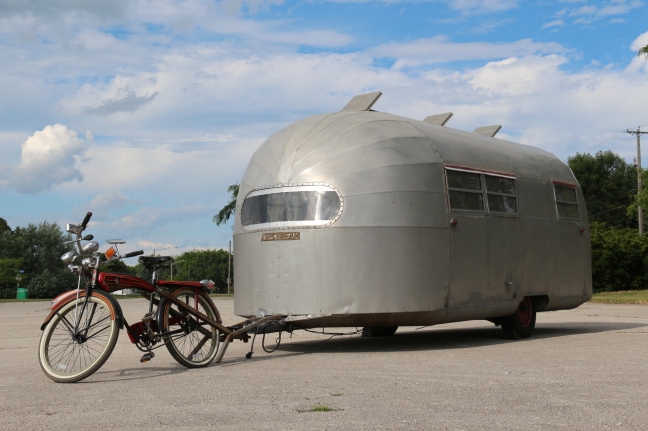In the film The Legend of 1900, a new-born baby boy is abandoned on a luxury liner at sea at the turn of the 20th century. A piano prodigy, he grows up on the ship and never leaves it. The one time he almost makes it to land, he tries to explain to his good friend and fellow musician, Max, why he just couldn’t do it.
“All that city… You just couldn’t see an end to it. The end! Please, could you show me where it ends? […] It wasn’t what I saw that stopped me, Max. It was what I didn’t see. Can you understand that? What I didn’t see. In all that sprawling city, there was everything except an end. There was everything. But there wasn’t an end. What I couldn’t see was where all that came to an end. […] Christ, did you see the streets? There were thousands of them! How do you choose just one? One woman, one house, one piece of land to call your own, one landscape to look at, one way to die. All that world weighing down on you without you knowing where it ends. Aren’t you scared of just breaking apart just thinking about it, the enormity of living in it?” (emphasis mine)





